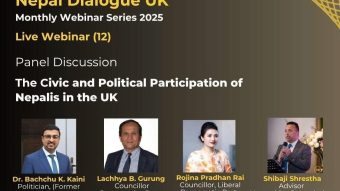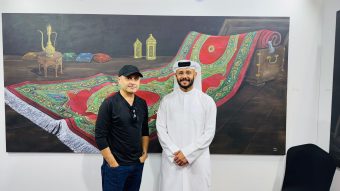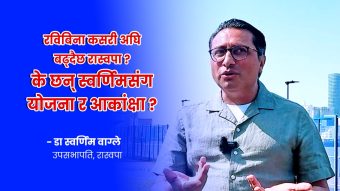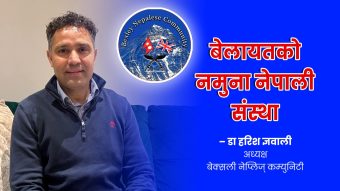Nepali Engineers in Britain Unite for Kulman’s ‘Ujyalo Nepal’ Campaign



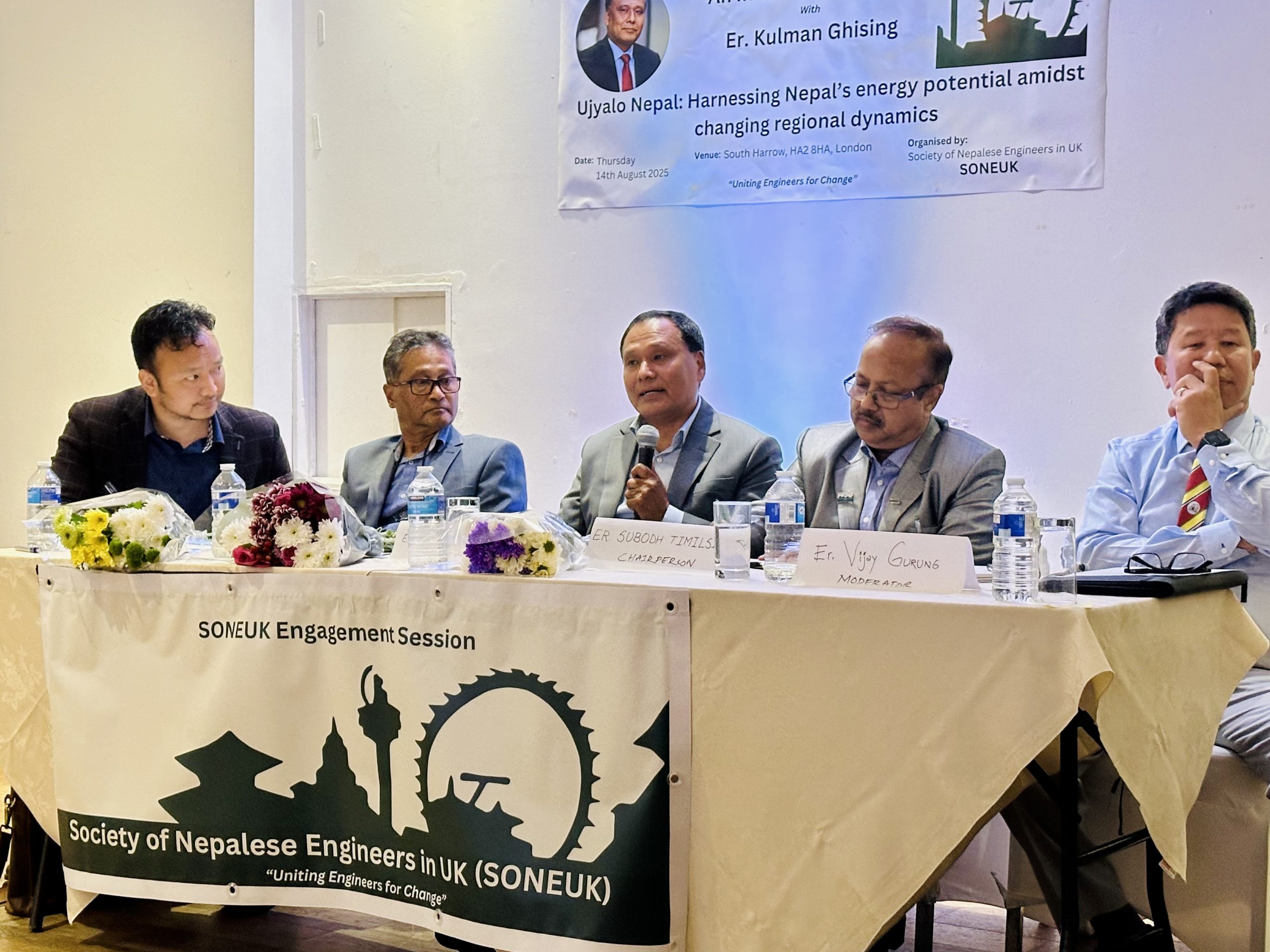
London – The Society of Nepali Engineers in the UK (SONEUK) has held an interaction with former Executive Director of the Nepal Electricity Authority, Engineer Kulman Ghising.
The Society organised the programme on Thursday at the Golden Sip Restaurant in South Harrow.
Addressing the programme chaired by SONEUK President, Senior Engineer Subodh Timilsina, chief guest Kulman Ghising said that when he started his tenure nine years ago, the country was facing up to 16 hours of load-shedding a day, but it was possible to end it and bring the Authority into a profit of up to 90 billion rupees.
However, he expressed his grievance that false propaganda was spread claiming the Authority was running at a loss in order to tarnish his image.
He spoke about the history of hydropower in Nepal and its potential. According to him, various studies have found high potential for hydropower projects at 30 reservoir sites in Nepal. He stated that Nepal has the capacity to generate up to 100 gigawatts of electricity.
Noting that 4,000 megawatts are currently being produced and around 7,000 megawatts are under construction, he said that after the private sector was opened up, electricity production had increased nearly fivefold in the past eight years.
Referring to cross-border trade, Ghising said that Nepal is currently exporting around 1,000 megawatts of electricity to India and Bangladesh.
He also presented figures showing that last year exports stood at 17 billion rupees, while imports amounted to only 12 billion rupees.
Stressing the importance of water resource management, he said that Nepal is now among the world’s leading countries in the use of electric vehicles. As they are up to 15 times cheaper to run, electric vehicles have now reached villages across the country.
Highlighting the positive environmental impact of electricity, he pointed out that green hydrogen could be Nepal’s next source of energy, and that it could even be exported to Europe as clean energy. He expressed his belief that energy alone could reduce Nepal’s trade deficit to zero.
He said Nepal’s hydropower had become effective for both energy security and food security, and also mentioned that solar energy production and usage are on the rise.
Calling human resources as Nepal’s greatest asset, he praised the excellent work being done by Nepali engineers abroad. “However, the environment in Nepal is not conducive for them to return,” he said, “and for this, your contribution is also needed.”
He stated that, beyond just bringing the light of electricity, he had launched a social campaign called Ujyalo Nepal Abhiyan to spread the light of good governance, prosperity, and hope. Urging people to join his campaign, Ghising clarified that it was also intended to produce good leadership.
He further said that if the issue of continuity of citizenship for descendants of Nepalis abroad were resolved, Nepal could attract sufficient investment from the diaspora alone.
Engineer Ghising also responded to various questions from participants. Answering queries, he explained the law requiring hydropower projects to be handed over to the government after 35 years, how the Authority, once running at a loss, suddenly became profitable and freed the country from load-shedding, why the current Executive Director is again saying the Authority is in loss, and whether the Ujyalo Abhiyan was a political party initiative or a social campaign.
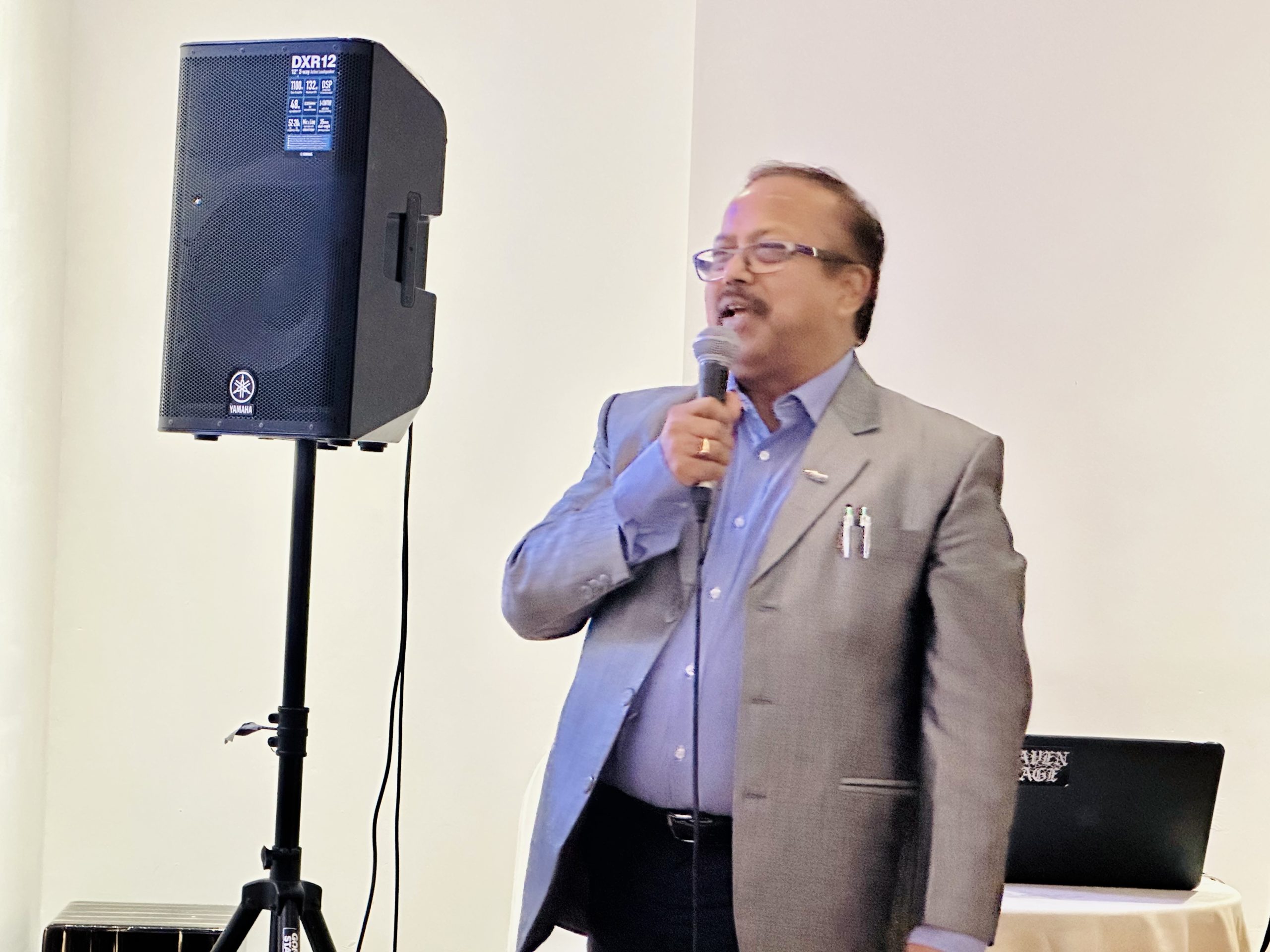
SONEUK President, Senior Engineer Subodh Timilsina, expressed his gratitude to chief guest Ghising and all participants. Thanking Ghising for the in-depth discussion, he said that the energy sector is the foundation of development.
Stating that development without engineers is unimaginable, he said that it is now time to apply their skills in Nepal as well. He added that if the environment were right in Nepal, they themselves were capable of investing.
Engineer Bijay Gurung moderated the event, thanking Kulman Ghising for sharing his valuable insights. On the occasion, General Secretary Manoj Pun delivered the welcome remarks, while the programme was conducted by Secretary Sangeeta Pokhrel.
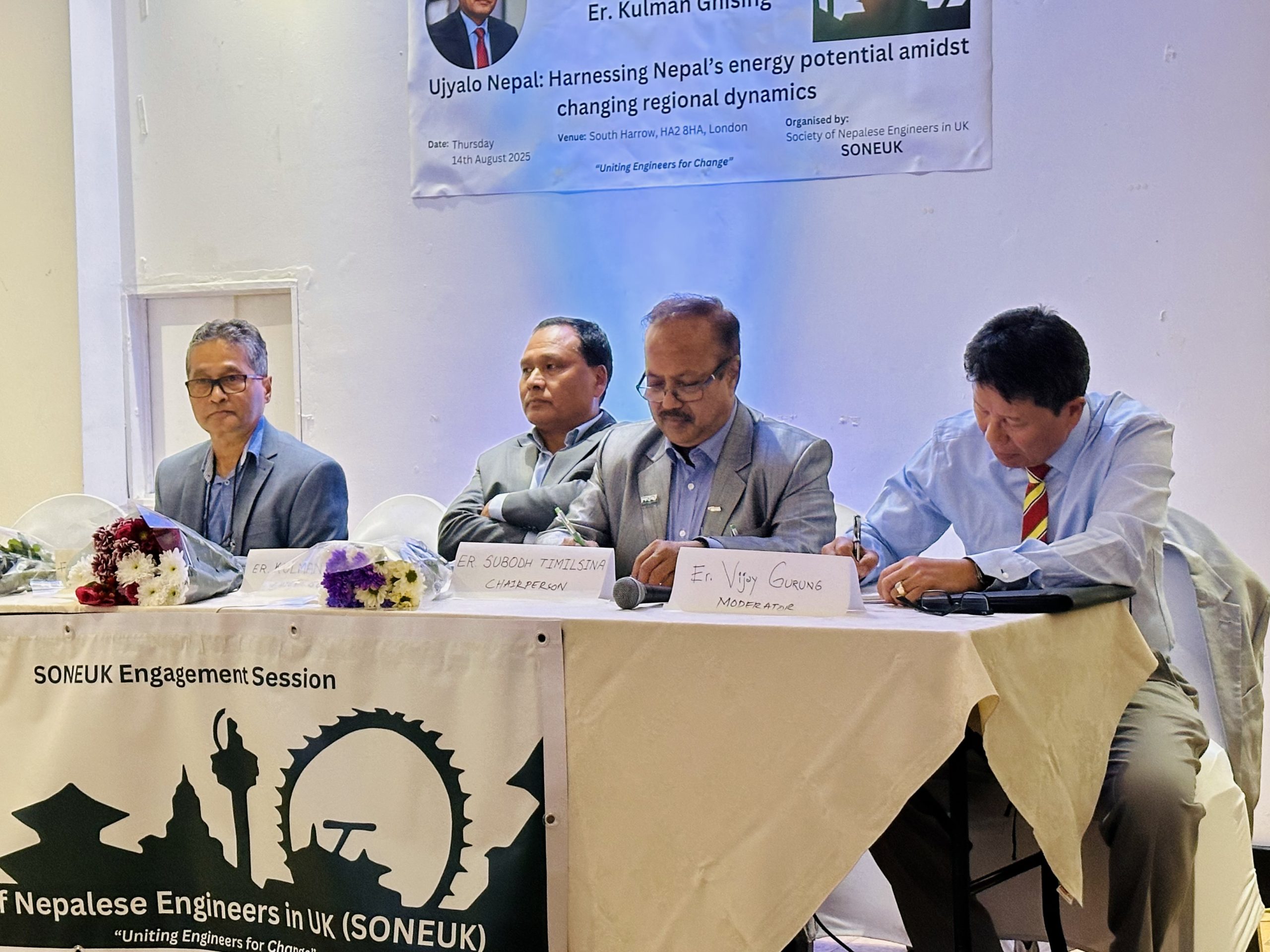
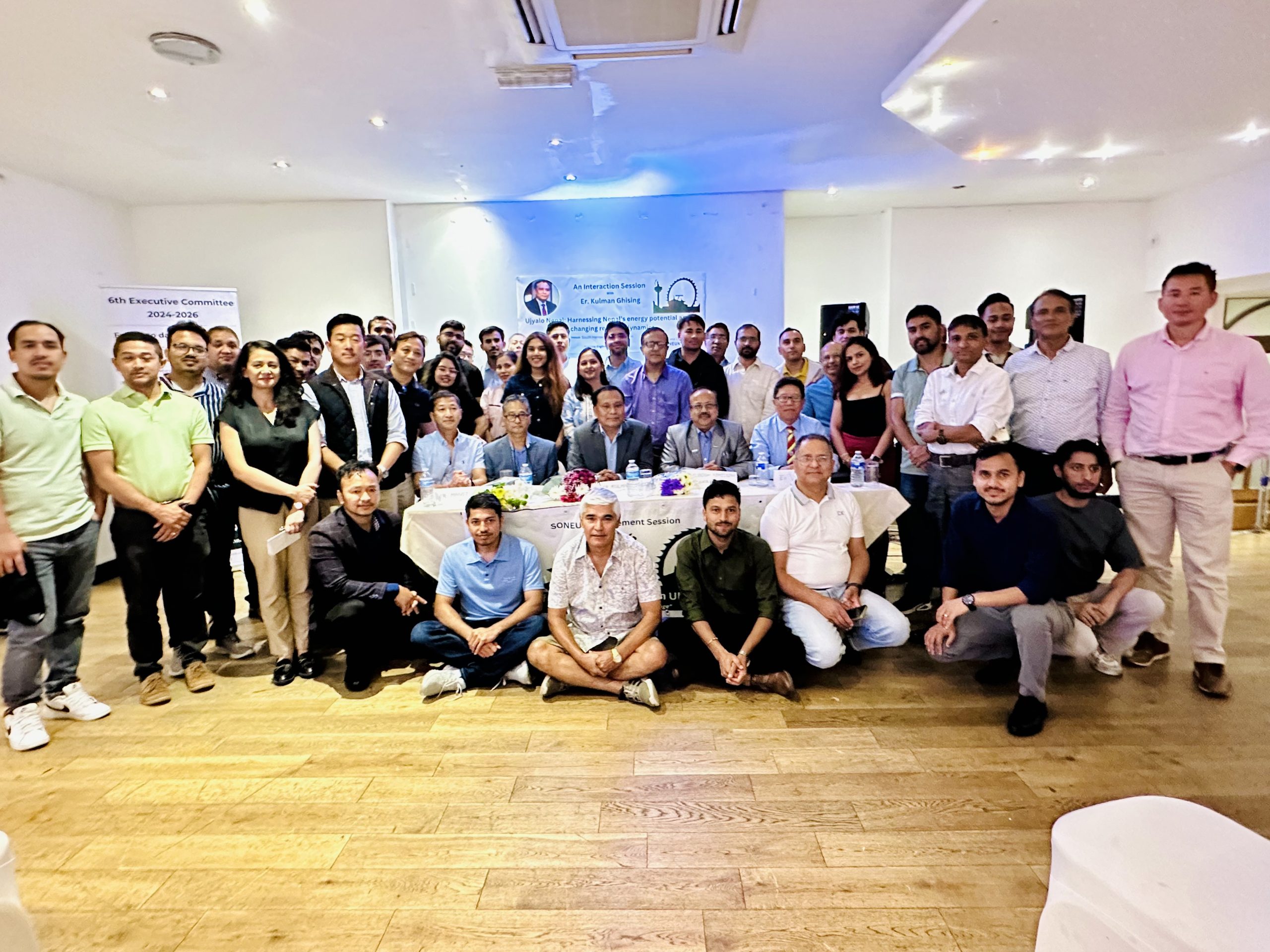
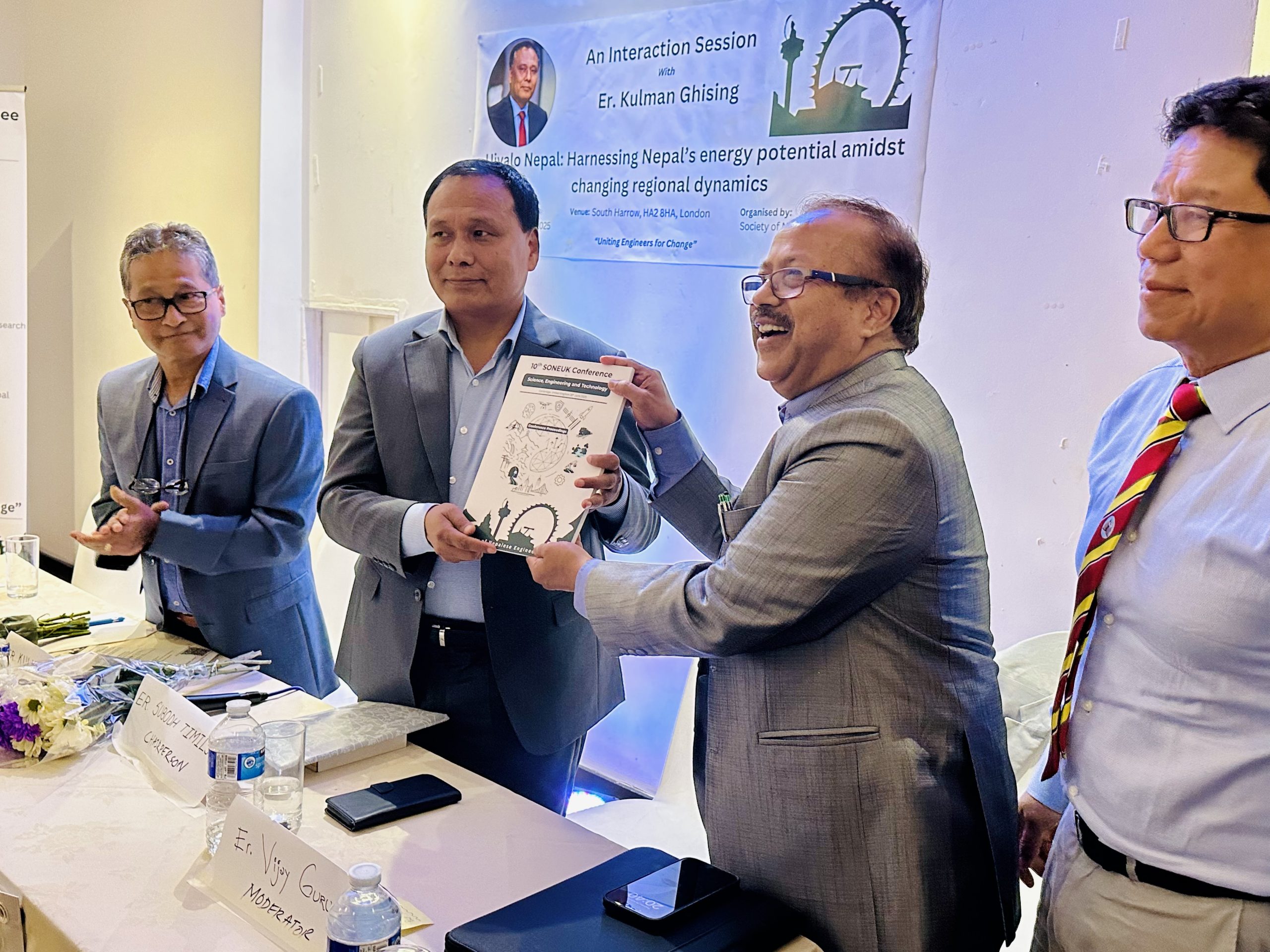
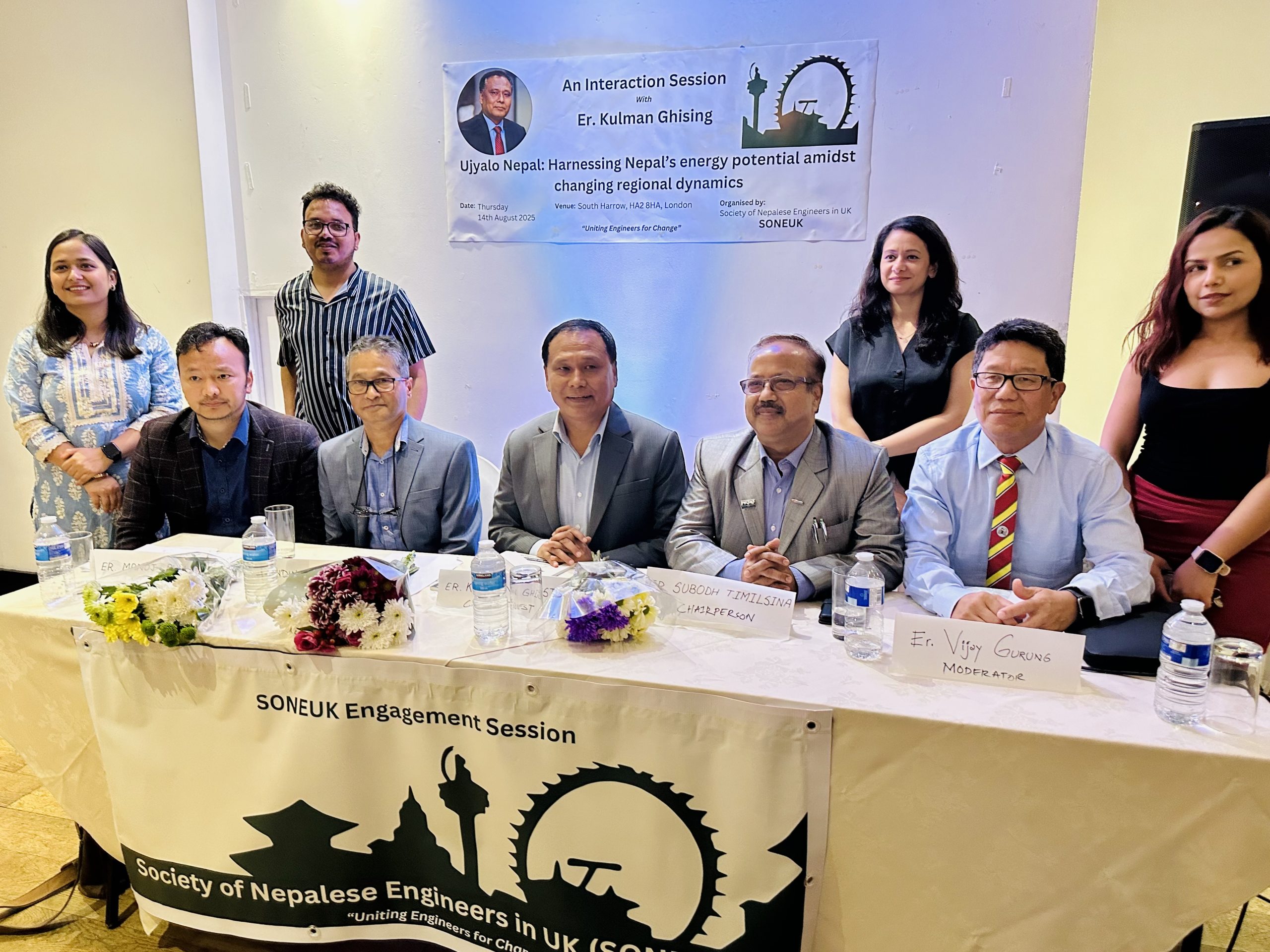
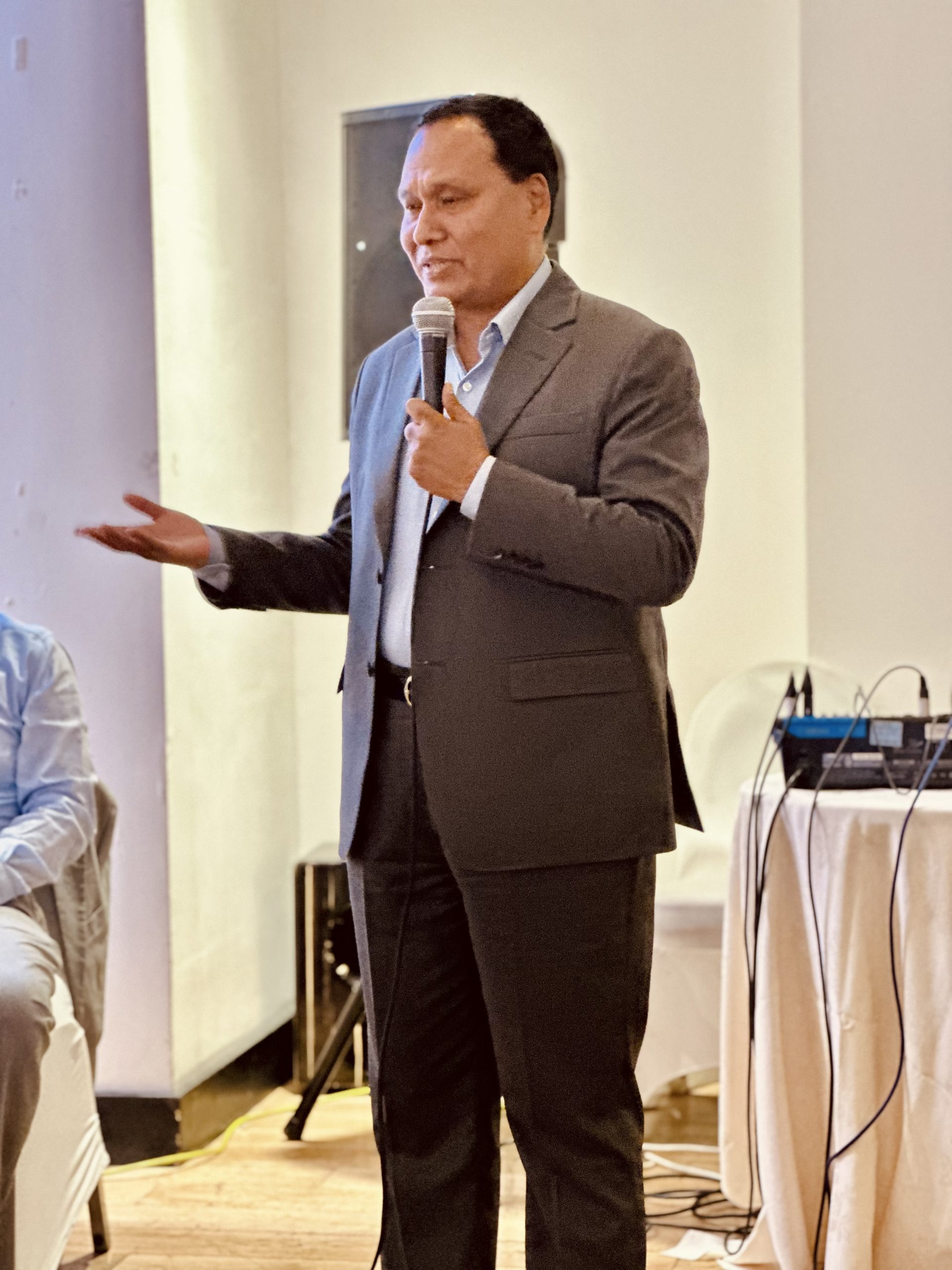
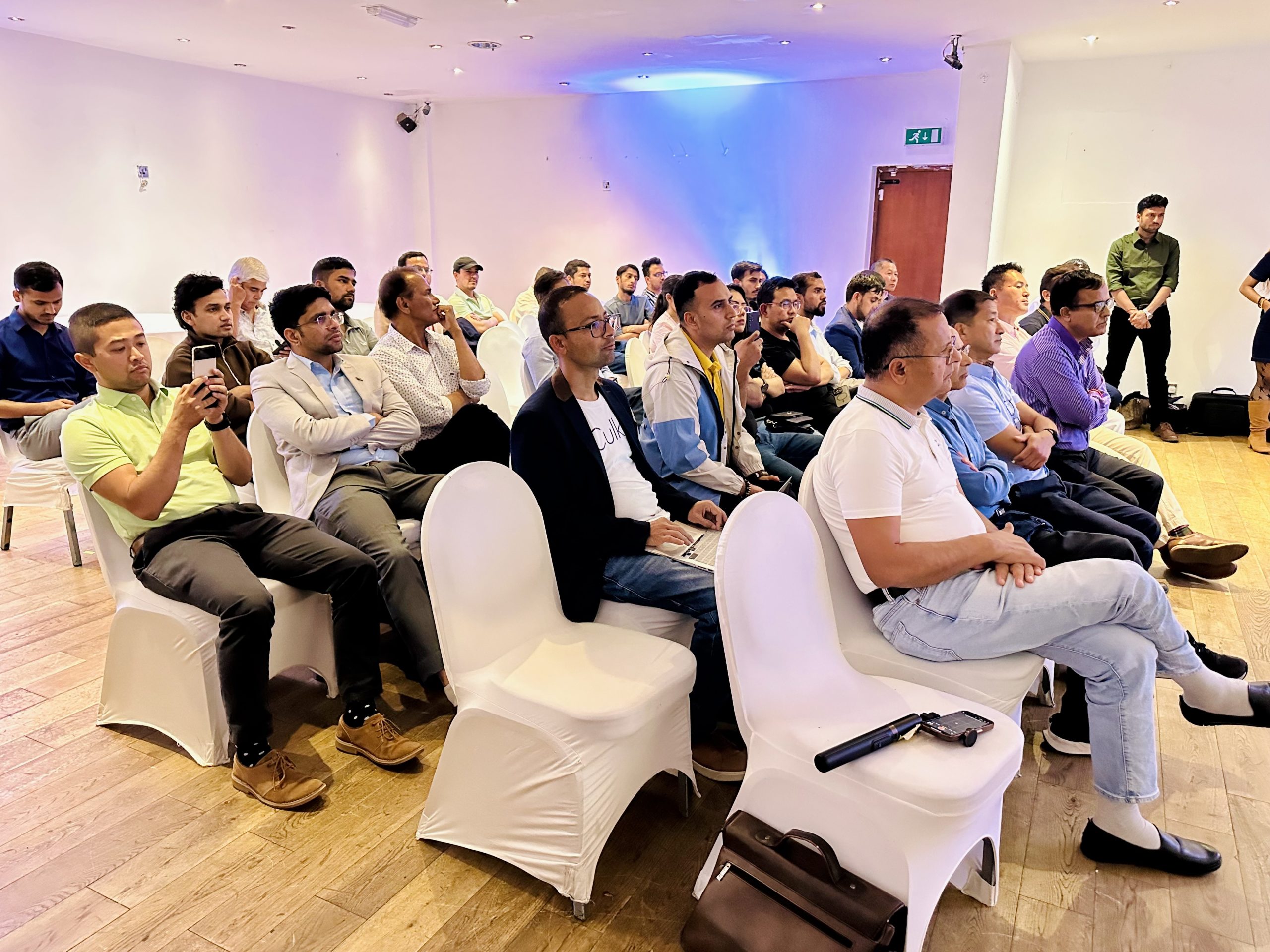
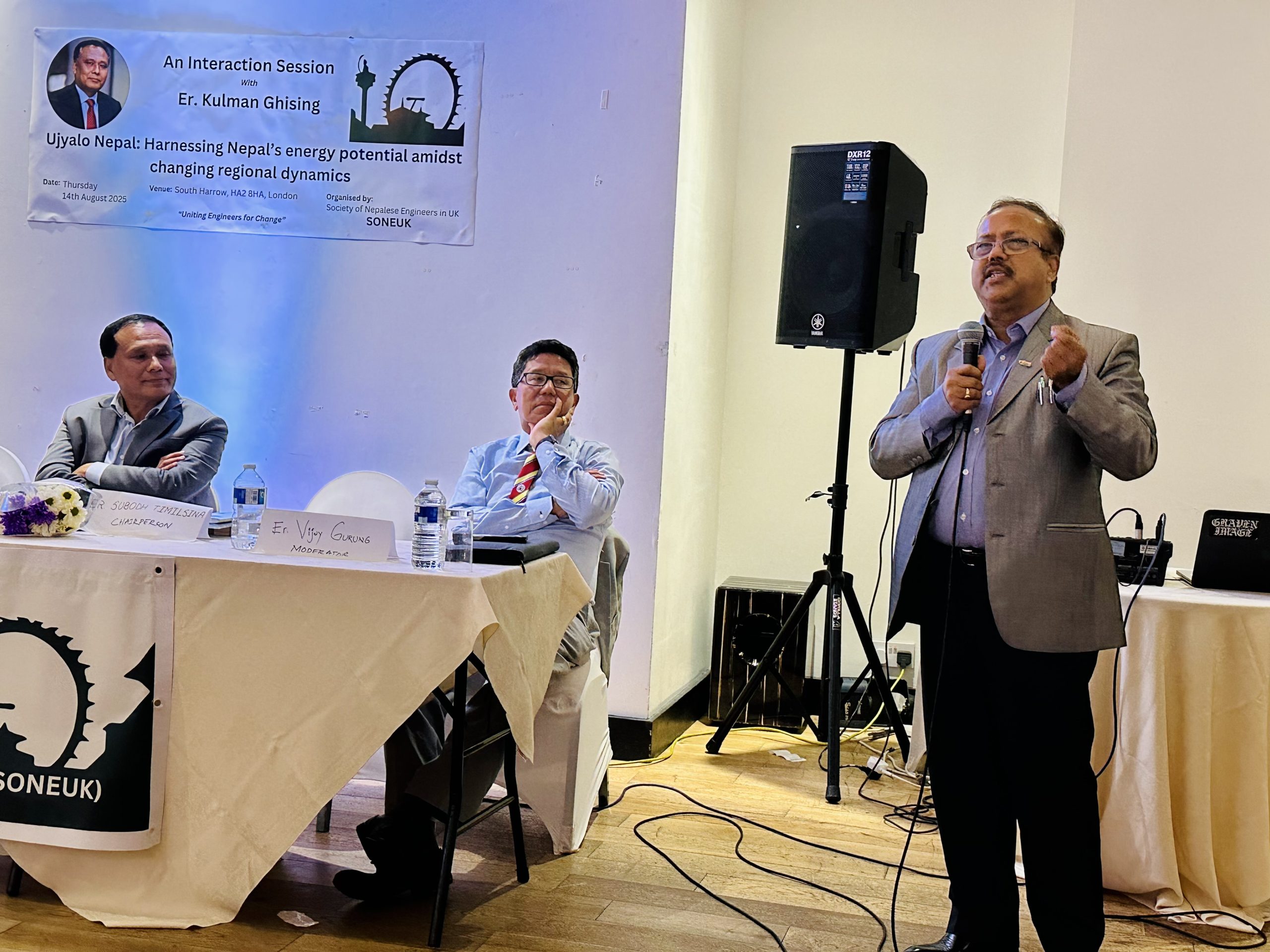
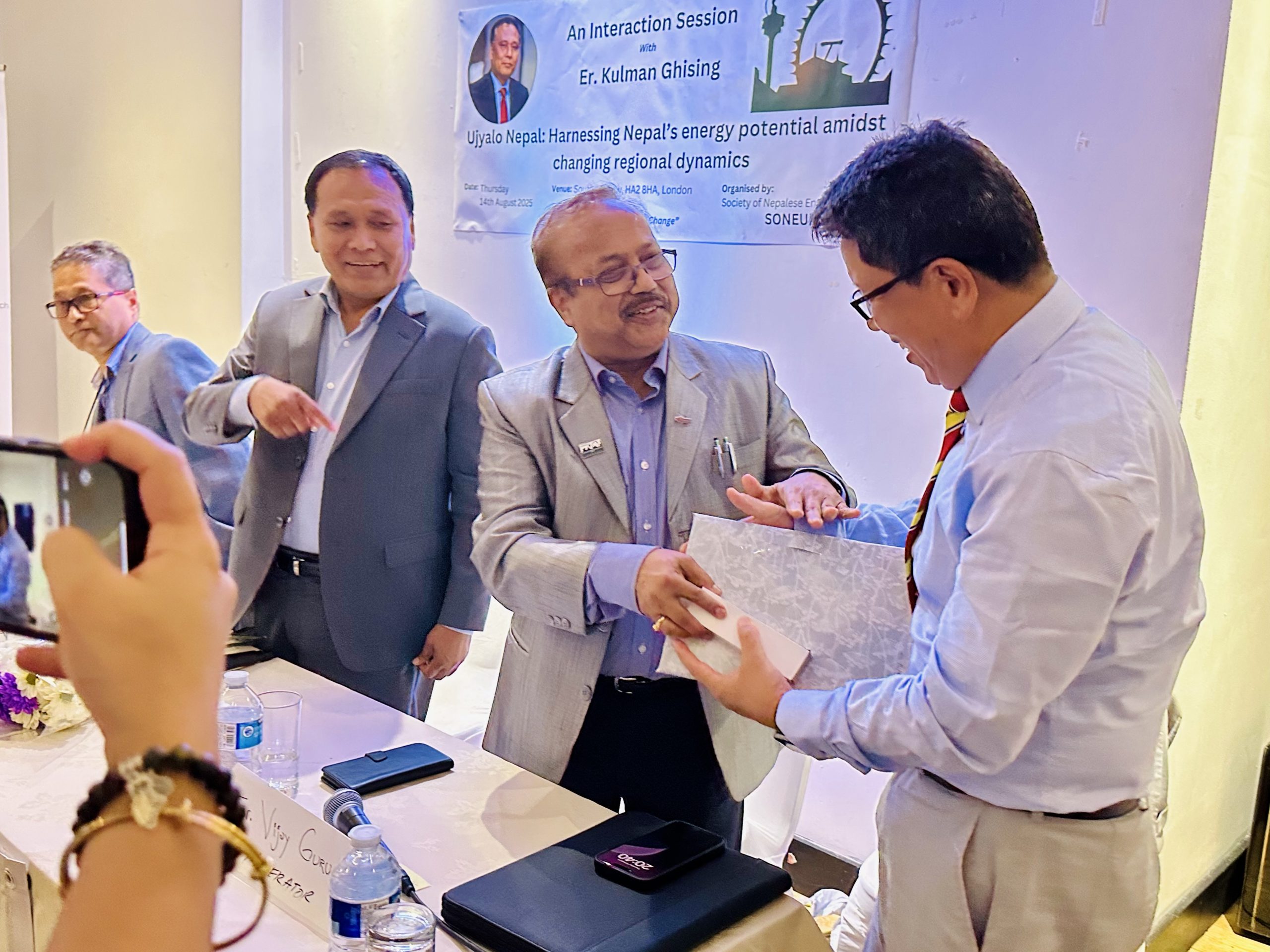
सम्बन्धित सामग्रीहरू
हाम्रो सिफारिस
- १
- २
- ३
- ४
- ५







